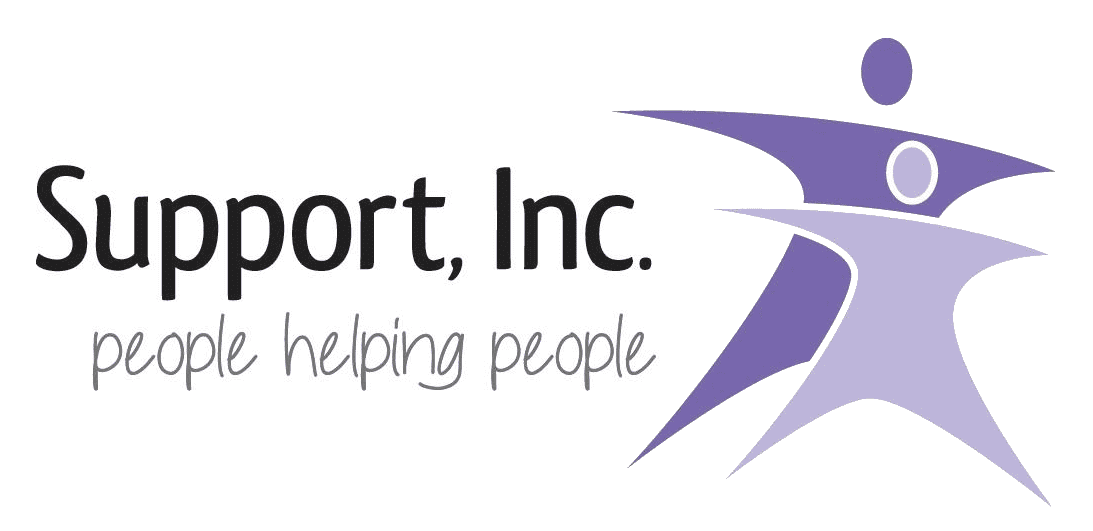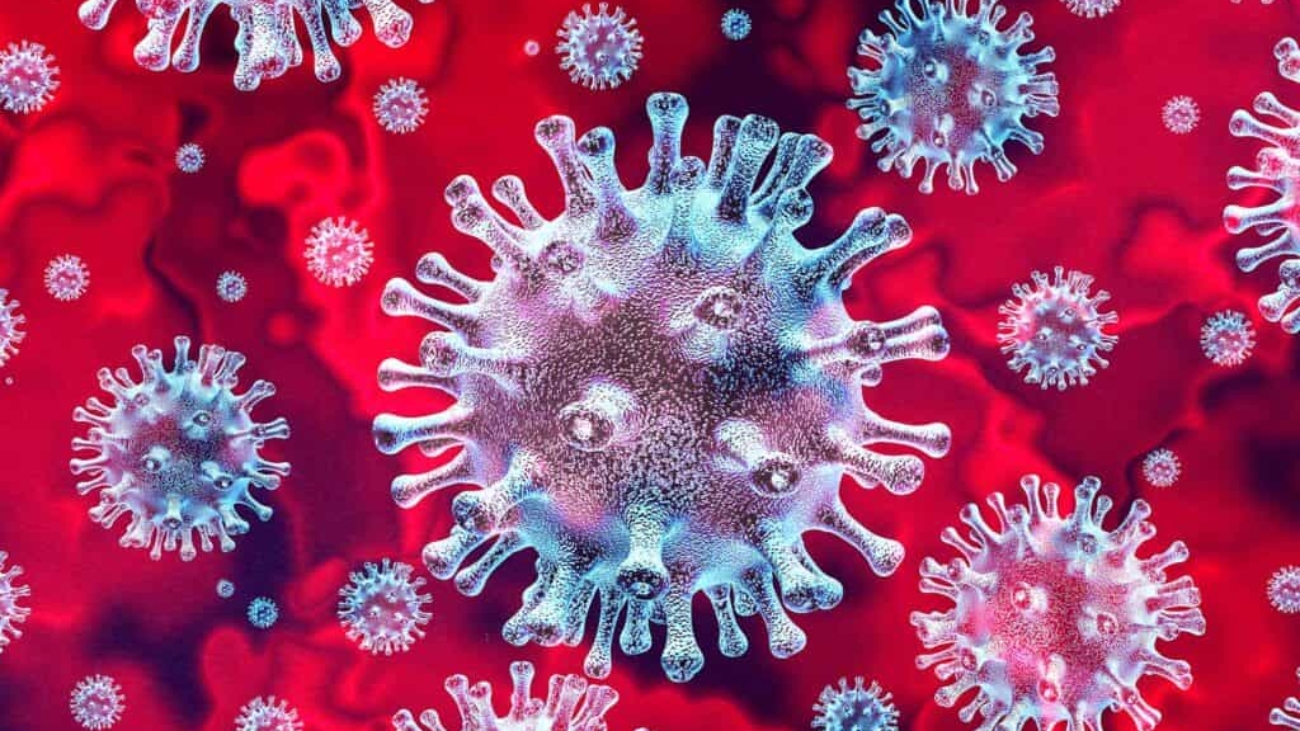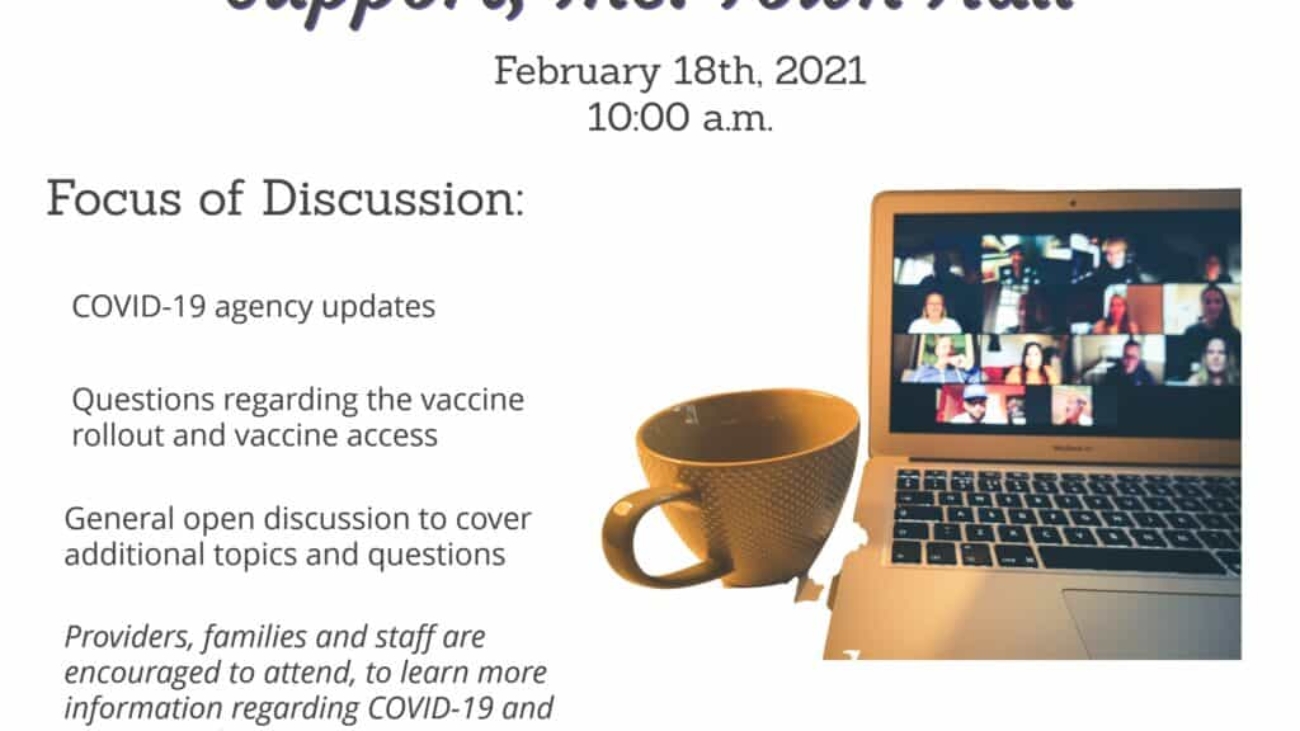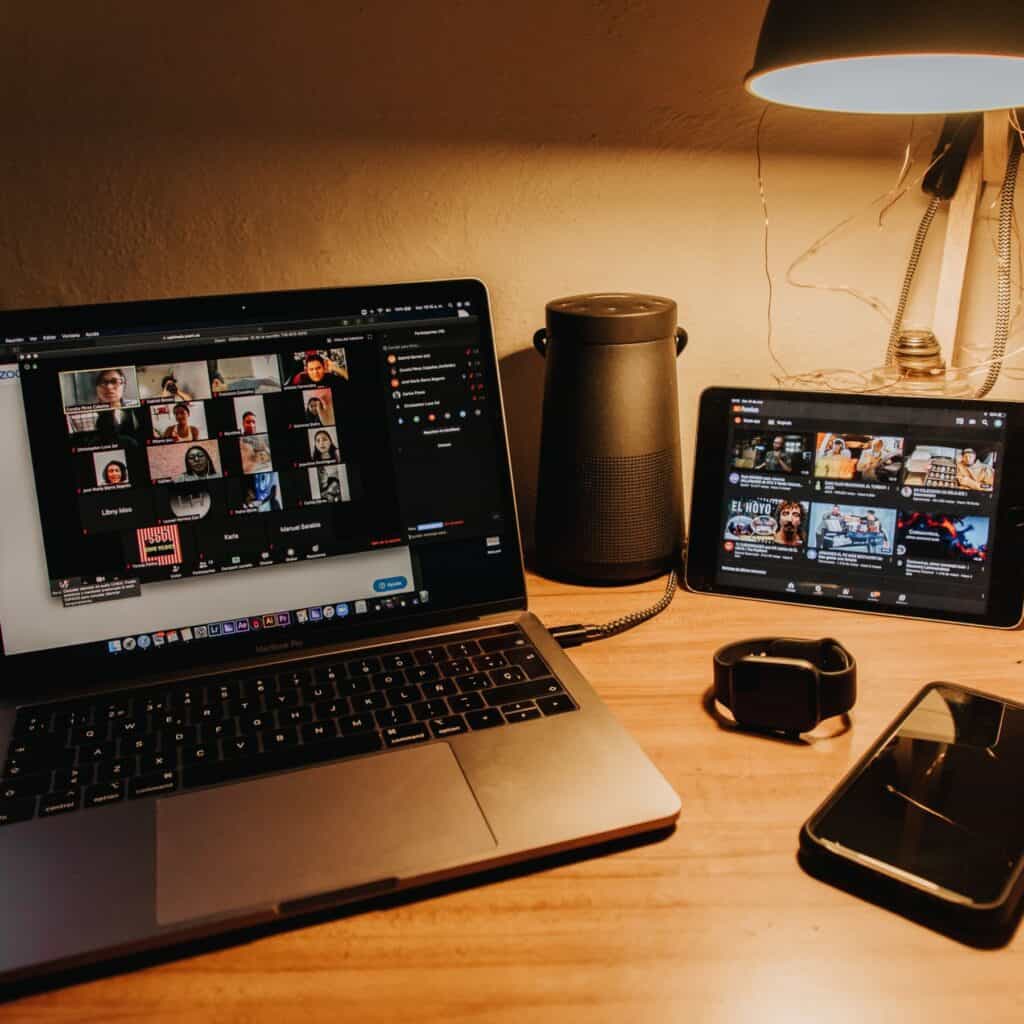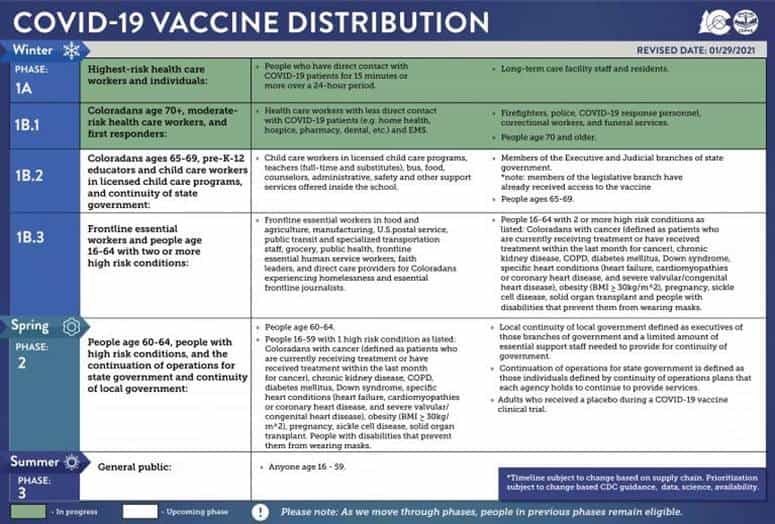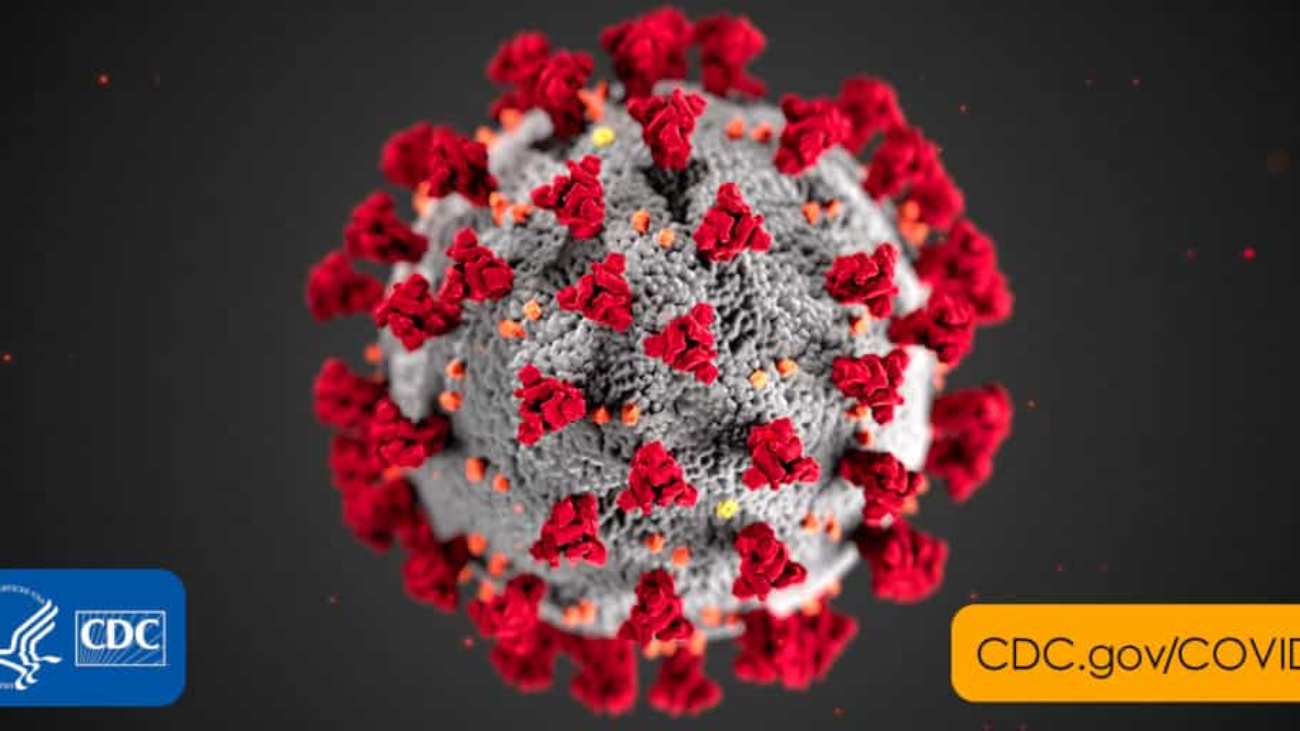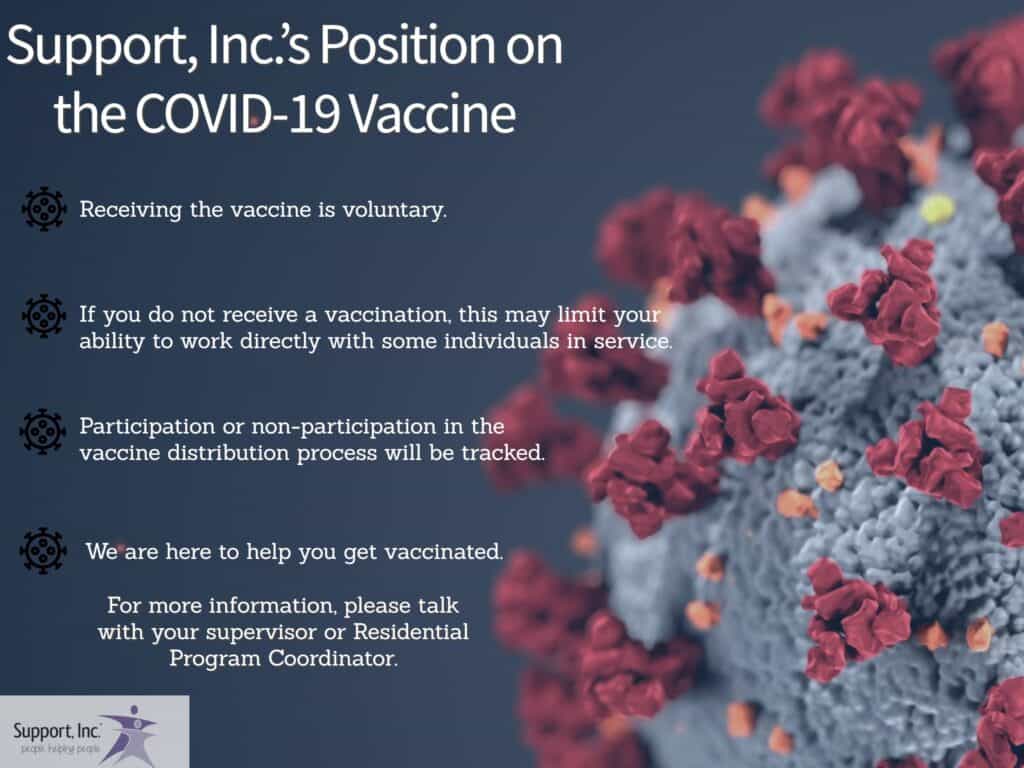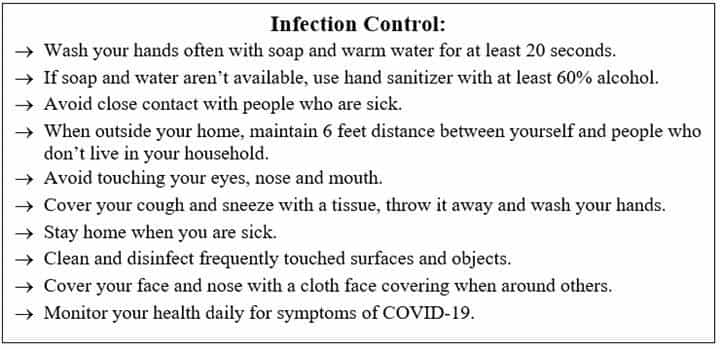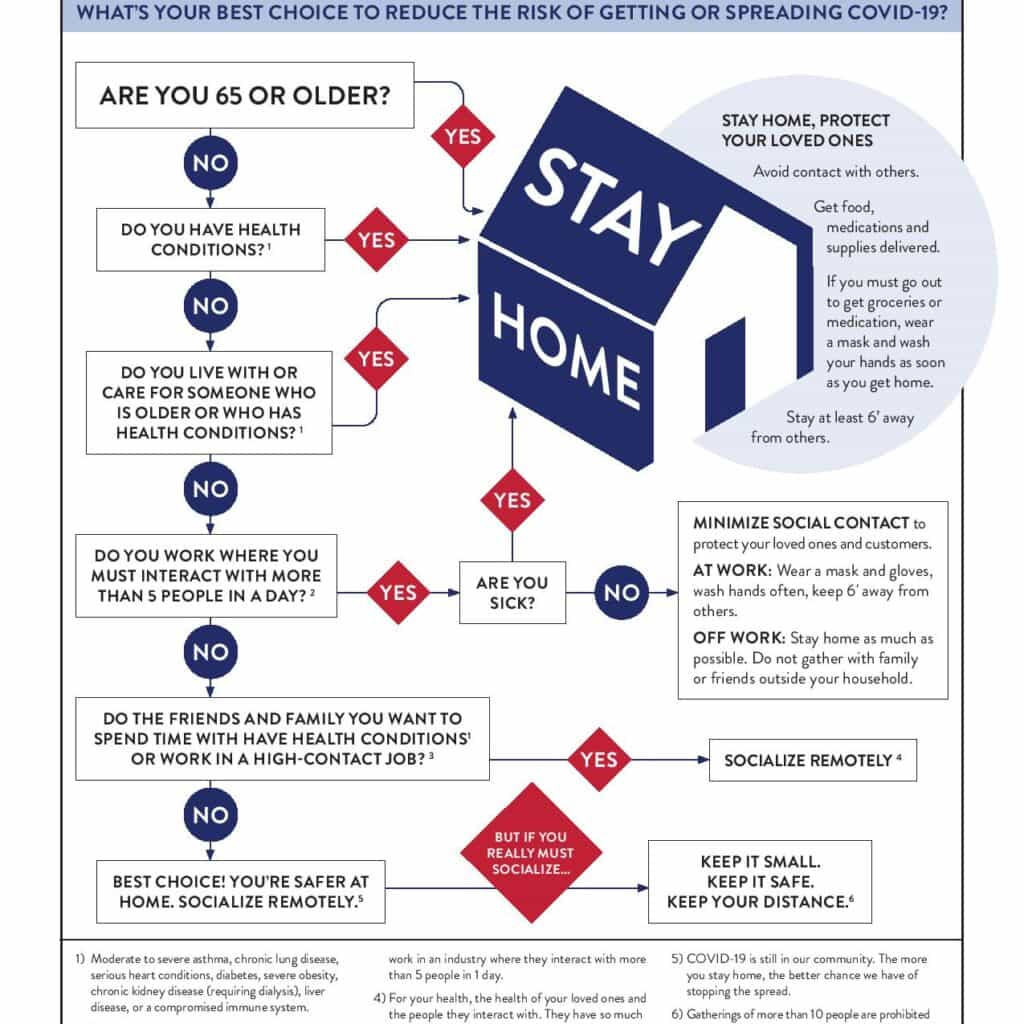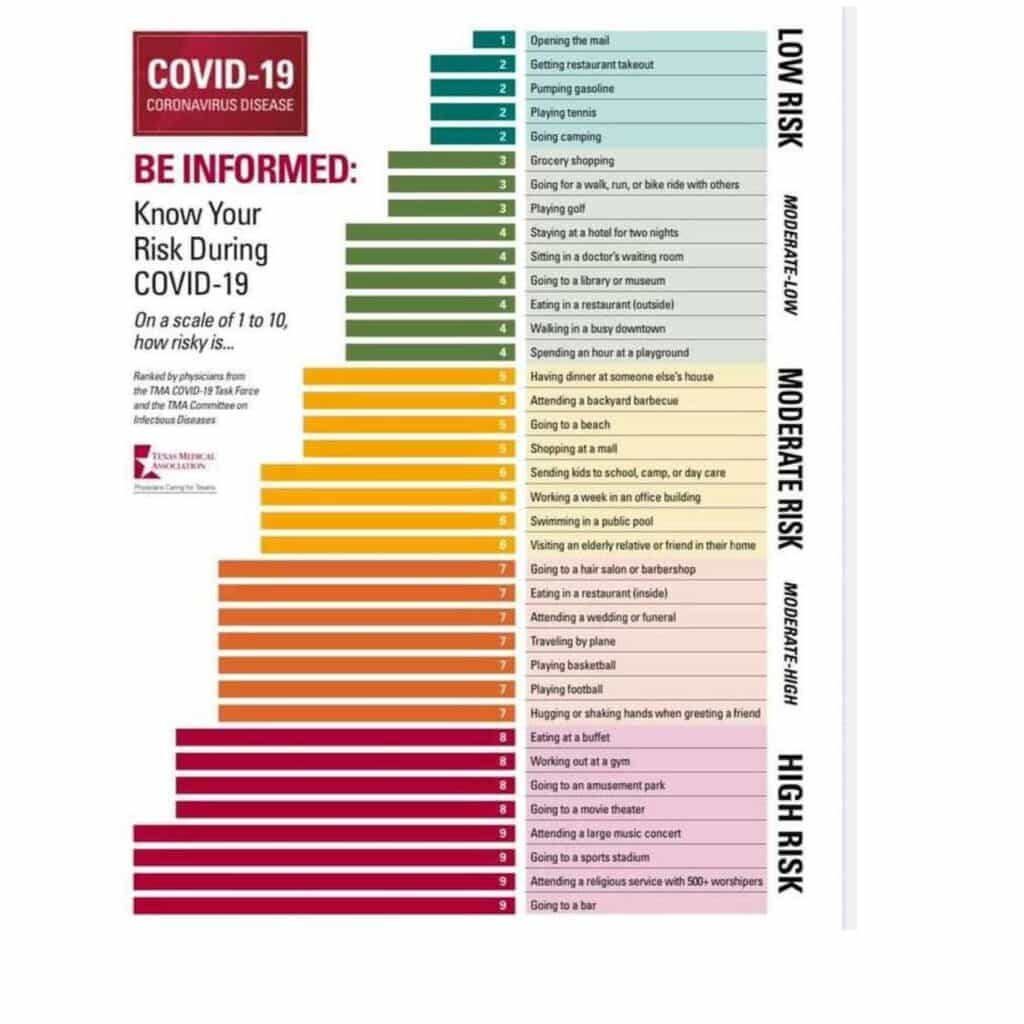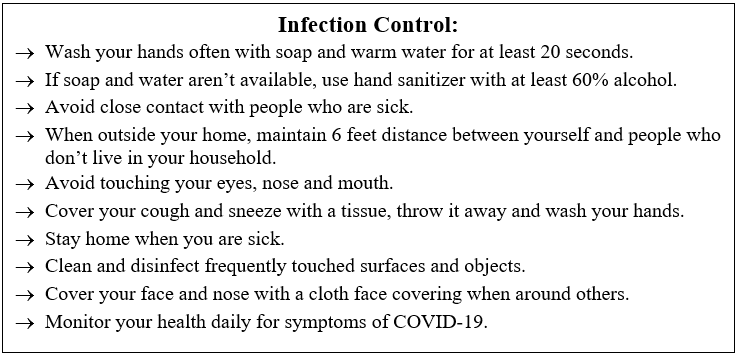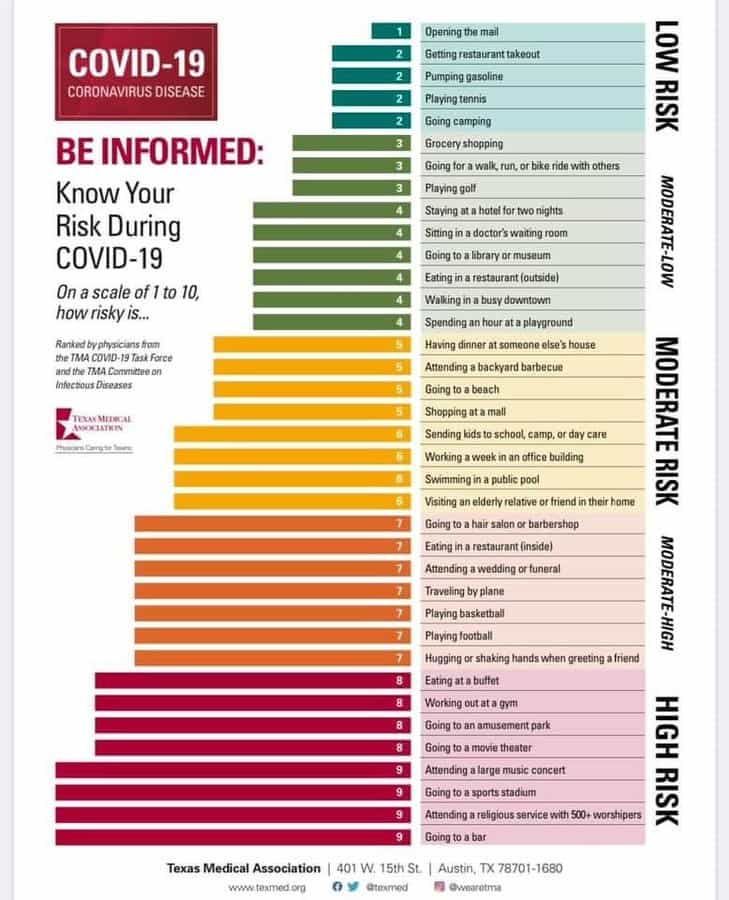To all Support, Inc. Staff, Providers and Families:
In this communication we will cover the following:
- National COVID-19 vaccine update.
- Local COVID-19 vaccine update including eligibility for individuals in services.
- Where to get the vaccine (employees, contractors, and individuals in services).
- What to expect when getting the COVID-19 vaccine.
- Reporting your COVID-19 vaccine participation and how we store these records.
- National COVID-19 vaccine update:
COVID-19 vaccine administration continues to increase across the United States where around 10% of American’s have received at least one dose of the vaccine. About 9.7% of Coloradoan’s have received at least one dose of the COVID-19 vaccine. While the demand for the vaccine remains higher than the available supply, Colorado will begin receiving an additional 9,000 vaccines weekly starting this week to help meet the demand.
Additional vaccine candidates continue to go through clinical trials to seek emergency use authorization (EUA) through the U.S. Food and Drug Administration (FDA). Janssen Biotech Inc. has filed for emergency use authorization of their COVID-19 vaccine, an FDA advisory committee will review Janssen’s vaccine on February 26th.
2. Local COVID-19 vaccine update:
Colorado moved into Phase 1B.2 last week. This phase includes Coloradoan’s who are age 65-69, pre-K through 12 educators, childcare workers, and continuity of state government. IDT’s should continue to discuss individual’s preference regarding getting the COVID-19 vaccine and what support the individual needs to access the vaccine when it becomes available to them. Individual’s receiving services should consult with their primary care physician regarding the vaccine and any medical questions they may have. After an individual in services receives their COVID-19 vaccine please send a copy/picture of the vaccine card to the Residential Program Coordinator.
3. Where to get the COVID-19 vaccine:
As Colorado continues to open additional phases of the COVID-19 vaccine plan, more vaccine options are also becoming available.
Individual’s in services who are eligible for the vaccine may go through their primary care physician or participating retail pharmacies across the state. To find out if your local retail pharmacy is offering the COVID-19 vaccine, follow these links; King Soopers, Wal-Mart, Sam’s club, Walgreen’s and Safeway.
Employees and contractors of Support, Inc. are classified as Moderate-Risk Health Care workers and are also eligible for the vaccine now. Employees and contractors may also utilize any of the retail pharmacies listed above or their primary care physician. If you work out of our Aurora office, you can use this link for scheduling an appointment through the Tri-County Health Department. If you work out of our Loveland office or Colorado Springs office, please contact your Residential Program Coordinator or Supervisor for additional information on how to schedule your vaccine in that area.
We have applied to host a vaccine clinic at our Aurora office. Stay tuned for more information!
If you need any support or assistance scheduling a vaccine for yourself or an eligible individual you support, please reach out to your Residential Program Coordinator or Supervisor for assistance.
4. What to expect at your COVID-19 vaccine appointment?

5. Reporting your COVID-19 vaccine participation
For employees and contractors getting the COVID-19 vaccine, please send a copy of your vaccine card to hr.admin@supportinc.com. We are required to track participation and non-participation in the COVID-19 vaccine. Only our HR department will have access to your COVID-19 vaccine card. Vaccine participation and non-participation information will be used for internal and licensing reporting only.
Do you follow us on Facebook? We are running a social media campaign to #SupportTheShot and have joined Alliance Colorado’s campaign to #RollUpYourSleve and help Colorado conquer COVID. If you would like to be featured on our social media page email cathy.kellogg@supportinc.com with a picture and why getting the COVID-19 vaccine is important to you.
Be sure to never miss our correspondences, follow us on Facebook, be sure you are on email and newsletter distribution lists and check out website for on-going updates about COVID-19 and other happenings around the organization.
Thank you, Laura Viers
